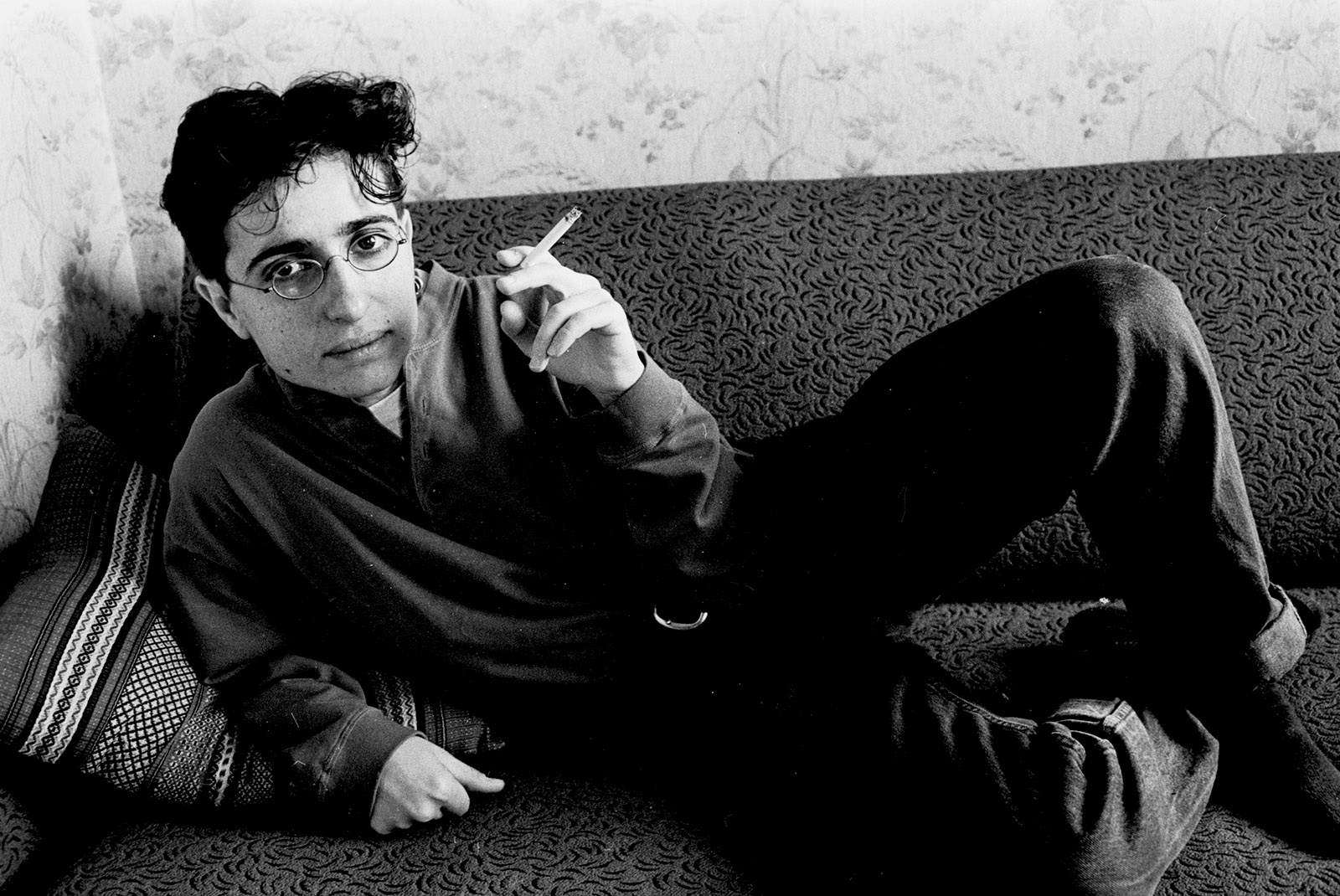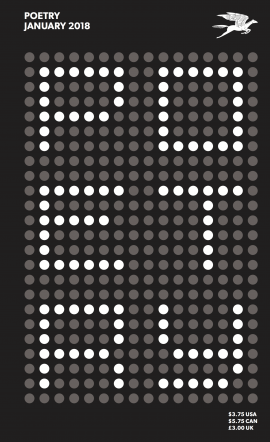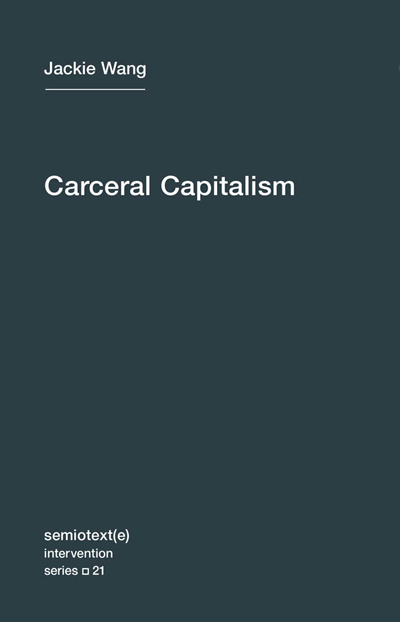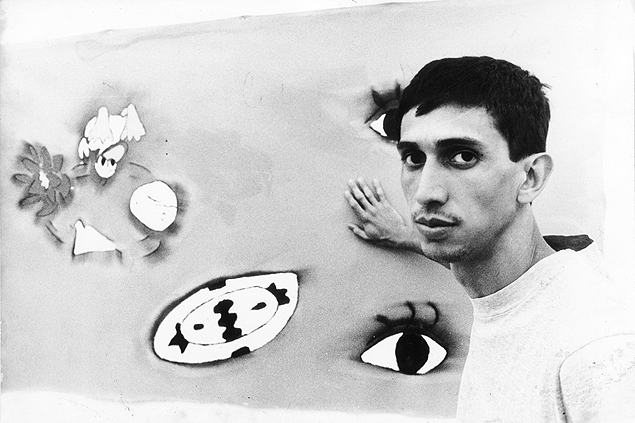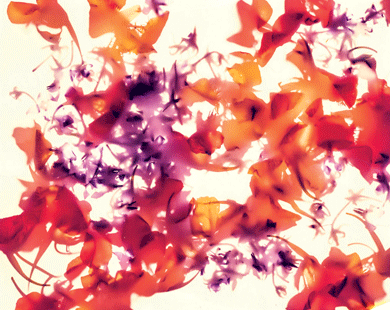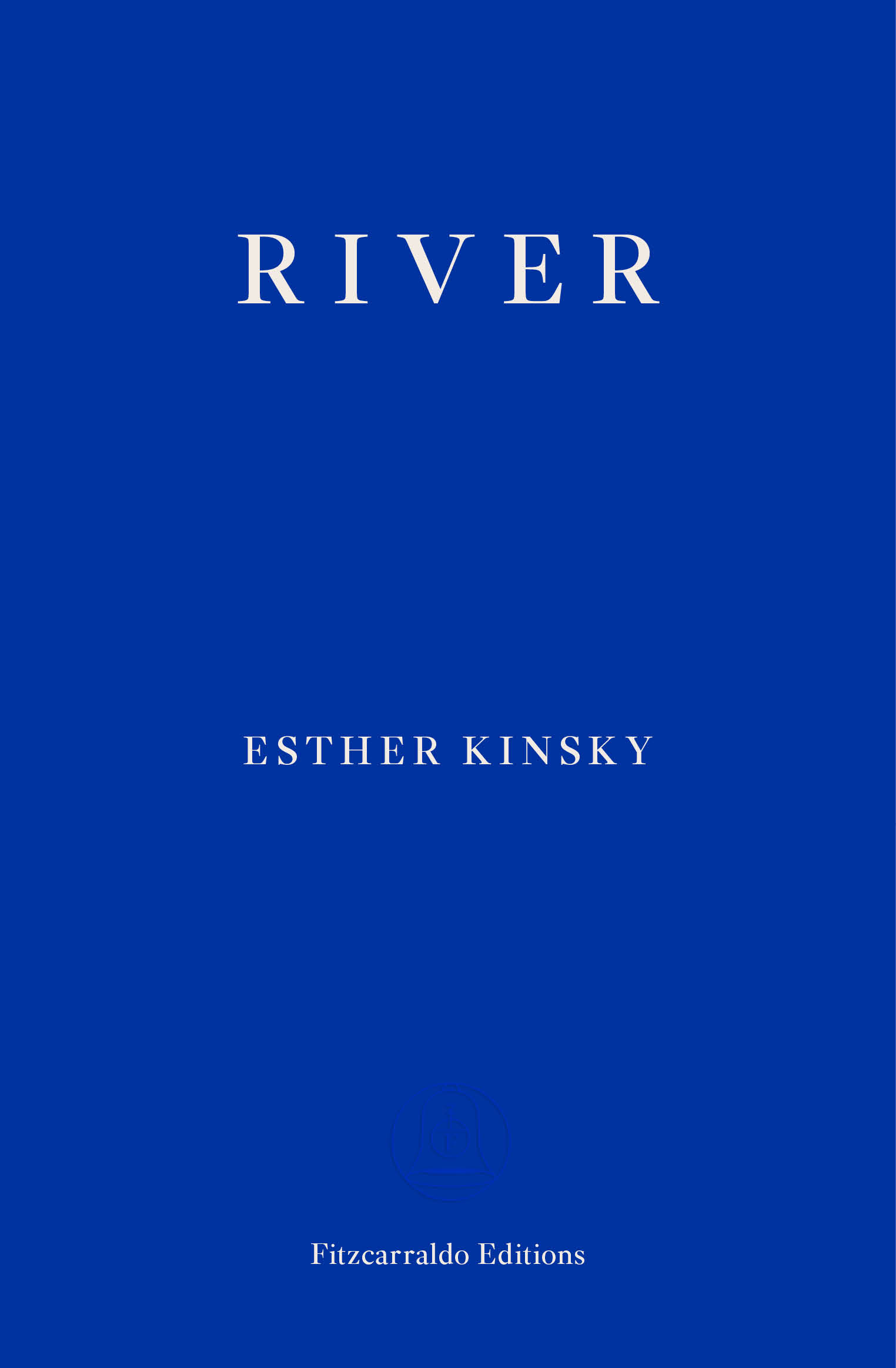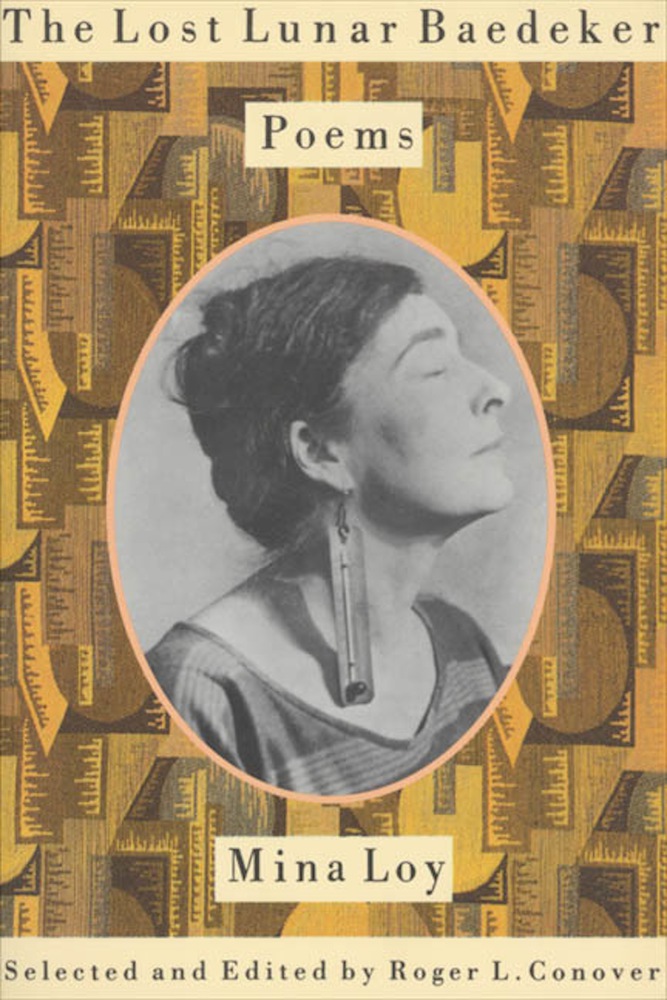
They had arranged to meet at 11 a.m. She arrived at 10:30. I know I must be there early or I won’t go at all. Why am I going. Am I in love. No. One doesn’t question. In love with the situation. Hope of love. Out of boredom. A few days by the sea. A hotel. Room overlooking sand. Gulls. Beach. Breakfast in bed. Meals served by gracious smiling waiters. But the land there is flat. Dreary. Endless. Though the sea. The sea. The whole Front to myself. But what if it rains all the time. It drizzled now as she looked out of the station. Cabs swished by. People rushed through barriers. Escape. Escape with my lover. But he isn’t even that. In her small room. On her single bed they had gone so far. Fully clothed. No we’ll wait it wouldn’t be fair I have to leave you soon. Now the weekend he would prove to be
She clutched her bag. Glanced at the clock. And there he was. His hat cuckoo-perched on an unfinished nest. Dressed in a new suit. Mac just cleaned over his arm. Hullo love. If people stopped to look they would think we were father and daughter on our way to an aunt’s funeral. They don’t look. But think dirty old man. As he takes my arm. My bag.
The train. Carriages with long seats. Without divisions. Seats that make one aware of sagging shoulders. She straightened up. Straightened her skirt. Haven’t seen that dress before love — new? He removed his hat. It nestled beside him. He had washed his hair. Had a bad shave. Without adding the bits of cotton wool. The train shuttled forward. Stopped. Now I could say I’ve changed my mind I can’t go on with it I feel ill. Well how are things sweet? OK had a row with the wife oh some trivial domestic thing anyway makes it easier. Looks as if it might clear up. Brighter in the west — forecast said it would. How long does it take? About two hours love should be there in time for a beer and brunch in a nice pub somewhere. The rest of the carriage empty. Maybe someone will get in at the next stop. Pray that someone gets in. Ininininininin the train chugged on over the bridge. Children threw stones into the river. He had on the green shirt. She remarked once how nice he looked in green. Matches your eyes. Eyes now stared directly at her. Was he thinking of the night. Nights ahead. Nights he had saved up for. Relishing in cosy domestic mornings. Reading the papers together. Quietly sipping tea. Quietly satisfied. Three. Four mornings ahead of them. Already I’m thinking in the third person. Seeing us as another passenger might. But no one got in at the next station. He leaned over and took her hand. She looked out of the window. Looked back at him. Cigarette? Her hand released. She dived into her bag. They lit up. He sank back. She took out a paperback. Looked at the words lumped together. Spaces between paragraphs.
The train stopped. A woman with a child got in. The child held a blue teddy bear nearly bigger than herself. They sat opposite. The woman looked across once. The child more than once. Giggling she approached. Adjusted the bear’s arms. What’s his name then? Tethy. He’s nice isn’t he? She passed the bear over. He took it and balanced it on his knees. The child started crying gimmee back gimmee gimmee Tethy gimmee. Judy come here don’t disturb the gentleman there’s a good girl. He smiled and handed the bear over. It growled. The child giggled and passed it over to me. Do you want to hold Tethy it’s his burfday. She sucked her thumb and watched. Watching. He watched.
The houses crammed together. Back yards where men leaned on spades. Women in doorways dried their hands on aprons. Fields where boys played football. In small parks girls paused over prams. The sky strips of blue. Houses spread out. Fields. Cows. Sheep. Away from civilisation. Away from the little rituals they had been going through. Manipulated. Meetings in pubs. Fish and chips afterwards. Parties where she danced. Flirted. While he looked on. Hurried fumblings. Kisses. In a cab. Long talks by the gas fire. Holding hands in the cinema. Being shown off to his friends at dinner parties. I’m so glad he’s found you he does need someone bless him and you seem so suited his wife as you probably know is
The child bounced the bear on the seat. I looked at the paperback. This autobiographical novel is a brazen confession of rebellion, trespass and blatant sexual exploitation in a world of intellectual despair and moral chaos. She closed the book. He looked up from the newspaper. His shoes highly polished. Crease in trousers nicely creased. Oh so nicely creased. Creases under his eyes. Around his mouth. Anticipation anticipation anti anti antiantiantiantiantianti. The train rattled on. The child talked to the bear. Tethy Tethy my Tethy is a naughty Tethy. The woman put away her knitting. They got out. He leaned over. It’s going to be great just great love I know it will. Pressure on my knee. Only another half hour to go love. A dozen hours to come. No. Perhaps he will want to in the afternoon. An after lunch doze. I closed my eyes. Opened. More fields. More boys kicking in an orgy of mud. Men tinkered with cars. Station after station. Signals. Tunnels. Hedges. Then the sea. Flat grey. Flat washed green land on the left. Well this is it love — here I’ll take your case. The hat flew on.
(…)


